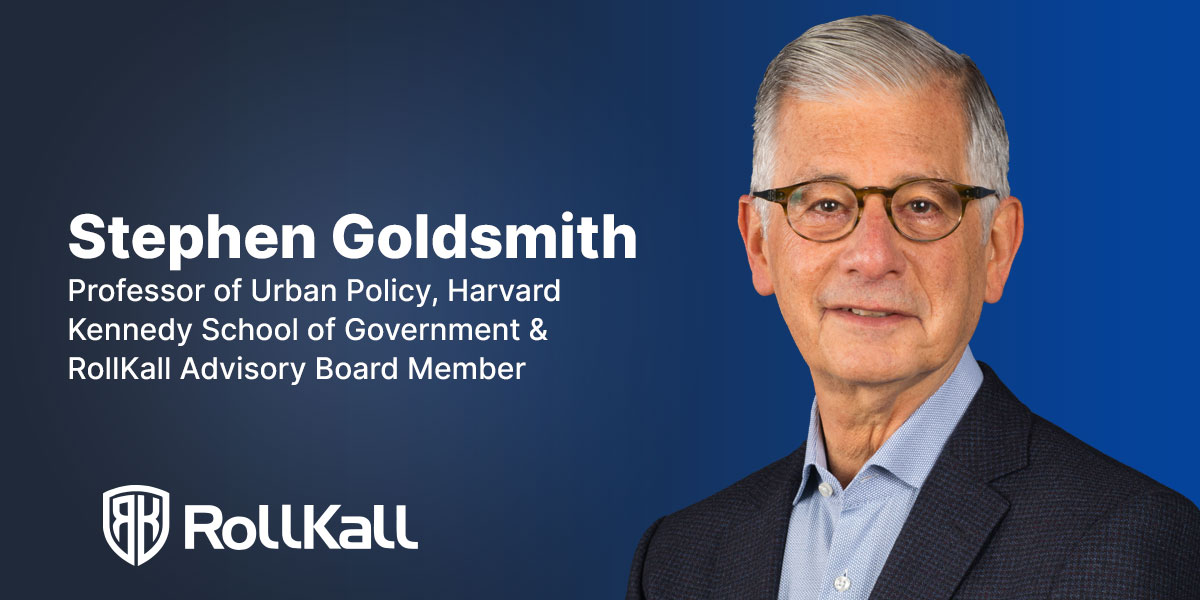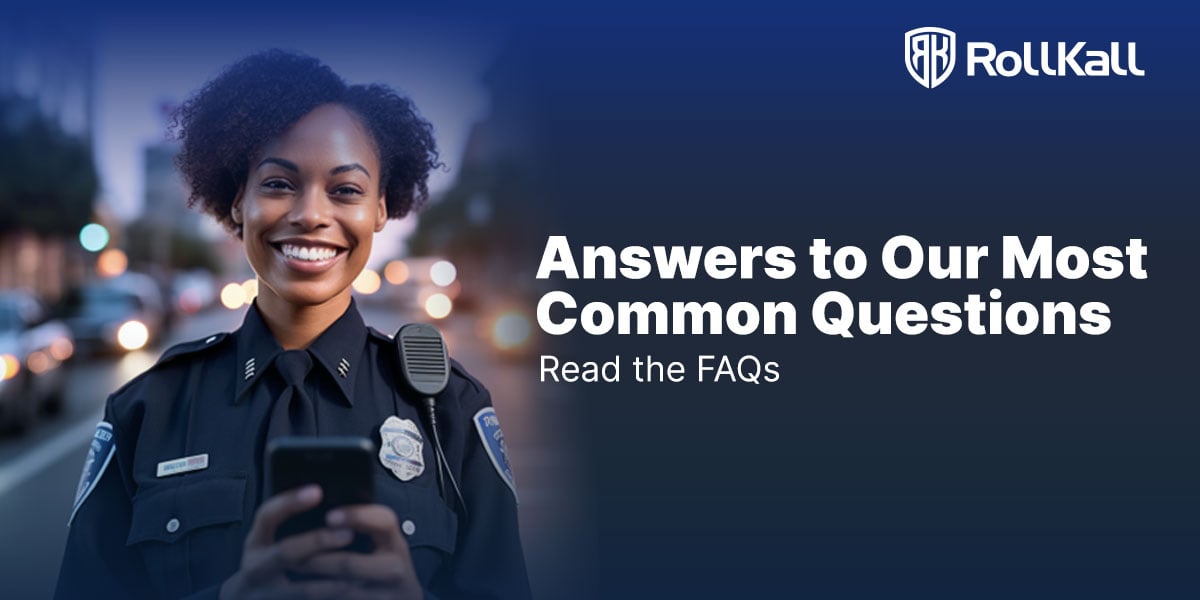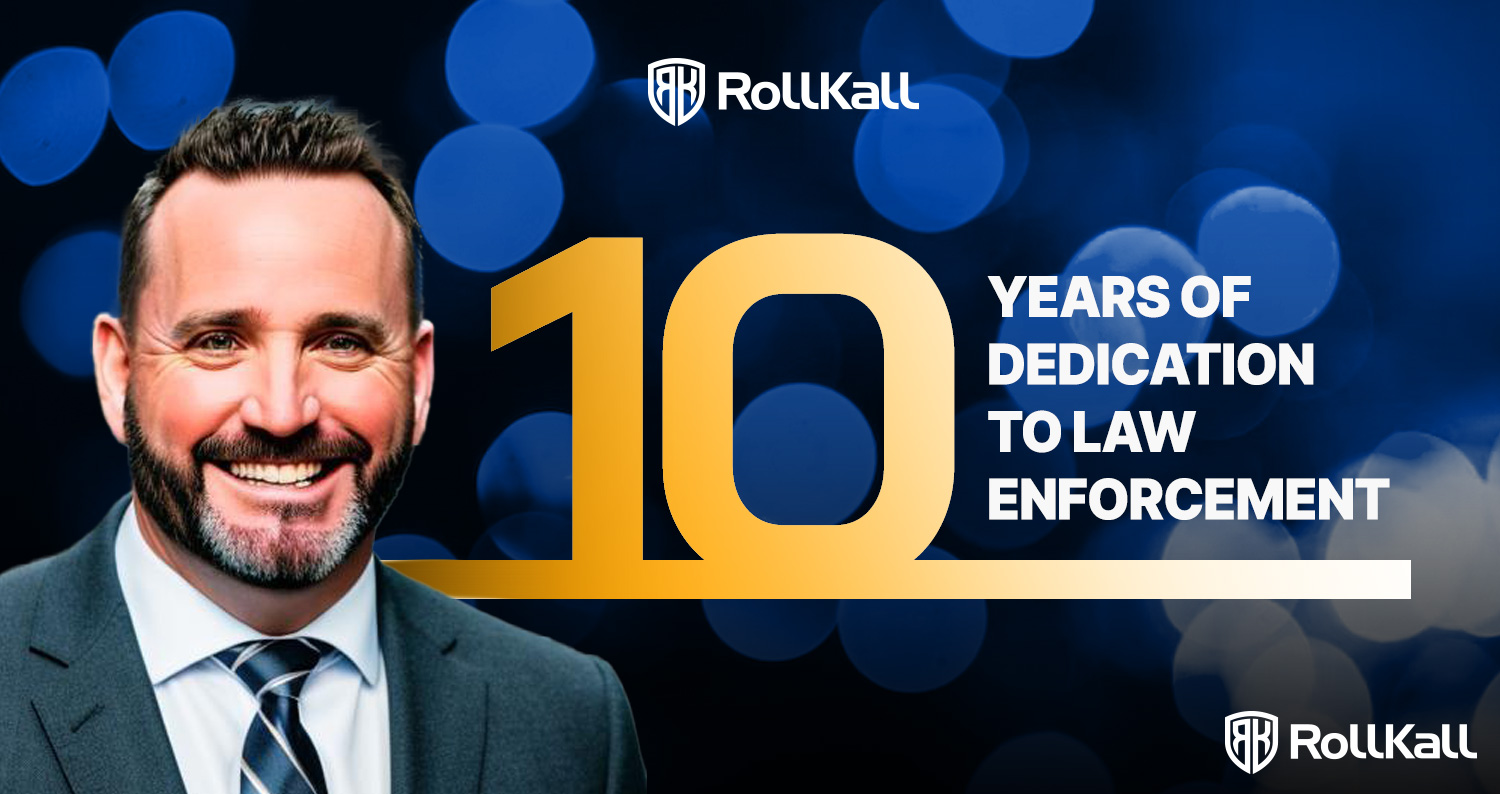Download the free guide
Aenean eu leo quam. Pellentesque ornare sem lacinia quam venenatis.
April 13 2023
Interview with Stephen Goldsmith from Harvard's Kennedy School of Government

Stephen Goldsmith has a long and distinguished career in public service, serving as the 46th Mayor of Indianapolis as well as Deputy Mayor of New York City for Operations under Michael Bloomberg. In these roles, he earned a reputation as one of the country's leaders in public-private partnerships, competition, and privatization. Stephen was also the chief domestic policy advisor to the George W. Bush campaign in 2000, the Chair of the Corporation for National and Community Service, and the district attorney for Marion County, Indiana from 1979 to 1990.
 He is currently the Derek Bok Professor of the Practice of Urban Policy and the Director of the Innovations in American Government Program at Harvard’s Kennedy School of Government. He also directs Data-Smart City Solutions, a project highlighting government efforts to combine big data with community input using emerging technologies. Goldsmith has a proven track record of success in government and the private sector. He is known for his innovative thinking, his ability to build consensus, and his commitment to making government work better for people.
He is currently the Derek Bok Professor of the Practice of Urban Policy and the Director of the Innovations in American Government Program at Harvard’s Kennedy School of Government. He also directs Data-Smart City Solutions, a project highlighting government efforts to combine big data with community input using emerging technologies. Goldsmith has a proven track record of success in government and the private sector. He is known for his innovative thinking, his ability to build consensus, and his commitment to making government work better for people.
Goldsmith joined RollKall’s advisory board in December 2022. His deep understanding of the complexities of local government, along with his track record of successful innovation initiatives make him an invaluable addition to RollKall’s respected team of advisors. We look forward to his insights, advice and guidance, so we’ve started with a brief Q&A session to get his perspective regarding some questions regarding law enforcement, technology and public service.
1. You have a very impressive background and an accomplished history working in government. What drew you to public service?
I have been interested in public service since I was a teenager after my involvement in high school leadership programs. During college the mayor’s job seemed to be the most difficult, but the place where I could make the biggest impact. What appealed to me as a goal, along with inspiration from the then mayor of Indianapolis, an extraordinary fellow named Richard Lugar.
2. Where did your interest in how technology and data can impact government, cities and citizens begin?
In Indiana, elected prosecutors are responsible for collecting child support, particularly on behalf of custodial parents. I had a sheriff’s deputy assigned to my security that said he wanted to help with the child support effort. We gave him access to every conceivable computer and available source of information we could, and he found people and assets no one else could find to dedicate to this cause. Eventually, we completely transformed the child support office centered on technology and then applied the same changes to the prosecution office. As a result, child support collections increased from $900,000 a year to $38M with very few additional new hires– and it was all done through automation and data investigation. We became the first county in the country with a completely integrated criminal justice data system to support law enforcement, courts, police and prosecutors.
3. When you first connected with RollKall, what initially stood out about the organization - both as a technology and as a company - that made you interested in getting involved?
RollKall was of immediate interest to me for many reasons. First I was impressed by the people involved from the founder CEO to advisors—that those involved had law enforcement and public service backgrounds. I liked their commitment to improving public service and the fact that having worked in policing they would better understand the issues involved. In addition, I was impressed with the importance of the problem RollKall addressed and the manner the technology went about solving it. Communities depend on off-duty officers. These officers, who often depend on the extra income, are uniquely well-qualified to provide additional protection. Helping these relationships flourish in an environment of more transparency and ease struck me as quite promising and important.
4. What are your thoughts on law enforcement and their relationship to technology?
Today’s officers are tech savvy in their personal and professional lives. At work they are suspicious of new technologies when it makes their lives more difficult, but they celebrate new tech approaches when it helps them do their jobs better. In the law enforcement area, the best technology produces benefits among a range of stakeholders—from the beat officer, to the department and the community. Finally, technology proves particularly important when it improves a business process by transforming a cumbersome analog process into a user friendly and more valuable approach.
5. Why do you think it’s important for law enforcement agencies to incorporate technology into the off-duty environment, an area of policing that until about the last half decade hasn’t received much attention?
Off duty policing provides a critical service for the community but too often has been viewed as somewhat of a gray area. Yet the right off-duty assignments produce opportunities for officers while increasing community safety, especially since officers are so much better qualified and trained than private security. Technology makes it easier for officers, the department and businesses to support off-duty assignments. Police managers can use the technology to ensure their officers do not work in prohibited places and at prohibited times, businesses benefit from a simplified way to secure off-duty officers, and officers benefit from having more opportunities with a more efficient payment system. Increased visibility and ease produce more opportunities for off-duty work which means more community requests will be filled by officers.
6. How does technology, such as in the area of off-duty policing, serve different stakeholders in city government?
The best digital tools provide solutions across city departments extending their value but also requiring departments to work together during acquisition. Software that matches and tracks off-duty assignments provides benefit to the officer, to his or her supervisor, the department, the city financial office and to the legal department, as well as to the business user. Making sure that software fulfills all those goals should be a critical part of any procurement.
7. How much involvement do you believe local governments should have in off-duty decision making and why?
Off-duty assignments assist the community but they also carry with them risks–the risk of an accusation that officers should not be working in a particular place or at a particular time. If local governments set rules, and provide a way of monitoring those rules, it protects the officer and the government. Officers need to depend on the city’s approval to protect them against backlash, and to help them identify better places with more dependable pay to work. Since officers carry with them the badge and weapon of the city when they work off duty, the city’s involvement is critical. The increased transparency and legitimacy of the off-duty environment will produce more opportunities for the officers as well.
8. With your experience as a DA and mayor of a big city, coupled with your focus and expertise with data, what is the leading technological gap or deficiency you see in public safety today?
There are so many ways that technology can improve public safety, it is difficult to pick among them. The first gap deals with translating data into street level results. The NYPD domain awareness system for example worked because it sent information to the street cop that he or she needed to do their job in an easy, intuitive format. Another gap relates to the fact that we generally do not think about how data can be useful to both the public official and the community. We need technology that improves communication between residents and the police department. We need to think of data as facilitating continuing interactions that are beneficial among police, the community and city hall—and not just for a single use such as arrests or police complaints. Residents and the business community provide insights and the department reports and acts on them which ultimately will encourage more participation, trust and responsiveness.
Get the latest content delivered straight to your inbox!
Related Posts


Want more information about RollKall? Let us know a bit about you, and we’ll get back to you as soon as possible with more information and next steps!










